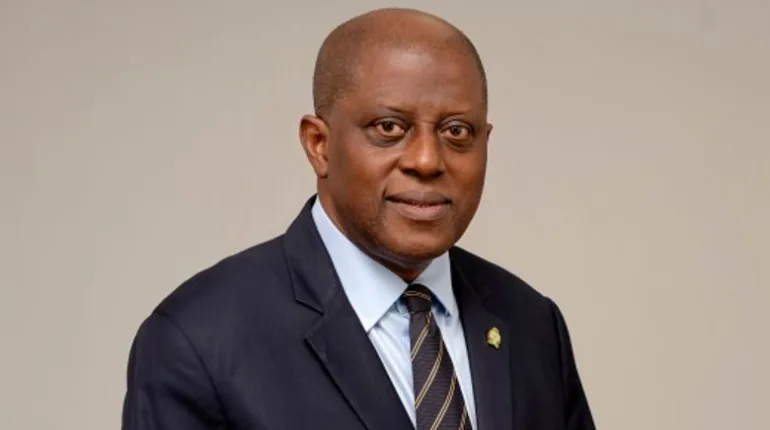The World Bank Group has emphasized that the Central Bank of Nigeria (CBN) must maintain its course in addressing inflation, despite the challenges posed by rising prices.
This statement was made by Dr. Sameer Matta, the World Bank Group’s Senior Economist for Nigeria, during the launch of the 2025 Macroeconomic Outlook hosted by the Nigerian Economic Summit Group. The event, themed ‘Stabilisation in Transition: Rethinking Reform Strategies For 2025 and Beyond,’ highlighted key strategies for Nigeria’s economic future.
In 2024, the CBN raised the benchmark interest rates by a cumulative 875 basis points to combat inflation, which has been a significant concern. Speaking at the event, Dr. Matta stressed the importance of the CBN’s continued focus on controlling inflation. “What is critical now is to stay the course,” he stated. He also pointed to supply-side issues, such as improving agricultural yields and enhancing connections between rural and urban areas, as key factors in managing inflation. Matta also suggested that adjusting trade policies, including sector-specific tariff changes, could help increase local production over time.
Dr. Matta further outlined the economic cost of inaction, noting that the cost of fuel and foreign exchange (FX) subsidies amounts to roughly 5% of Nigeria’s GDP—2% for fuel subsidies and 3% for FX subsidies. “This is an extremely high cost,” he said, likening the country’s economic reforms to a patient with a serious medical condition who must make tough choices. He highlighted the improvement in Nigeria’s debt-to-revenue ratio, which has decreased from 100% to around 50%, a significant positive development.
The World Bank economist also discussed the impact of high inflation on vulnerable populations, particularly food inflation, which is influenced by the cost of FX and petrol. He urged the government to accelerate its social protection reforms, including cash transfer programs, to mitigate the effects of these economic challenges on the most vulnerable citizens. “It is crucial to finance these programs in the future and scale them up effectively to avoid misuse,” he said.
Dr. Christian Ebeke, the IMF’s Country Representative for Nigeria, echoed similar sentiments, stressing the need for better coordination between fiscal and monetary authorities to control inflation. He pointed to the joint commitment between the central bank and fiscal authorities to strengthen coordination as a positive step, noting that the reduction of “Ways and Means” financing—a controversial practice in which the CBN directly finances the government—was a welcome development in curbing inflation.
Ebeke also addressed the potential redistributive consequences of Nigeria’s economic reforms, particularly the removal of fuel subsidies and the Naira reforms. “The fiscal authorities have a key role to play in addressing the distributional effects of these reforms,” he said. He emphasized that fiscal policies, particularly those aimed at social protection, have a shorter transmission lag than monetary policies and can complement the efforts of the CBN.
On social protection, Ebeke highlighted the importance of programs with a human face, especially as cash transfer initiatives are being strengthened. He also noted the ongoing cleanup of Nigeria’s fiscal situation, particularly the removal of deficit monetization. “With the successful cessation of this practice, and with transparency in the securitization process, Nigeria is on the right path to addressing its macroeconomic pressures,” Ebeke added.
Both experts agreed on the importance of fiscal prudence and the CBN’s independence in ensuring a stable macroeconomy, particularly in managing inflation and exchange rate pressures.


